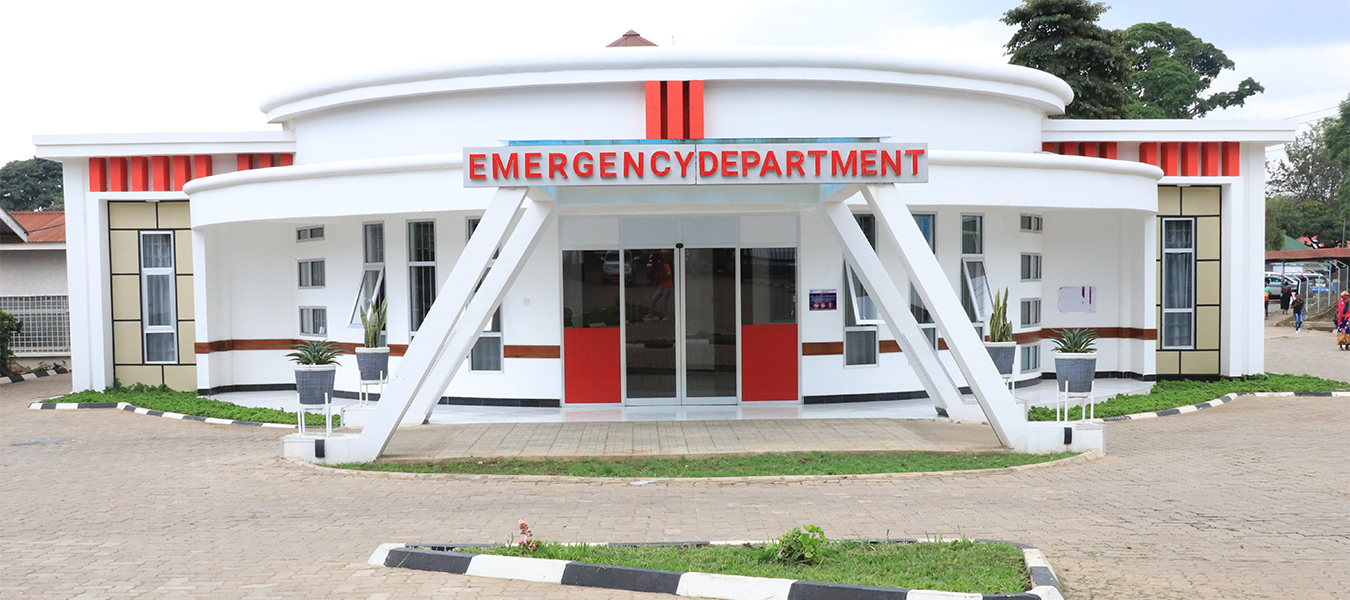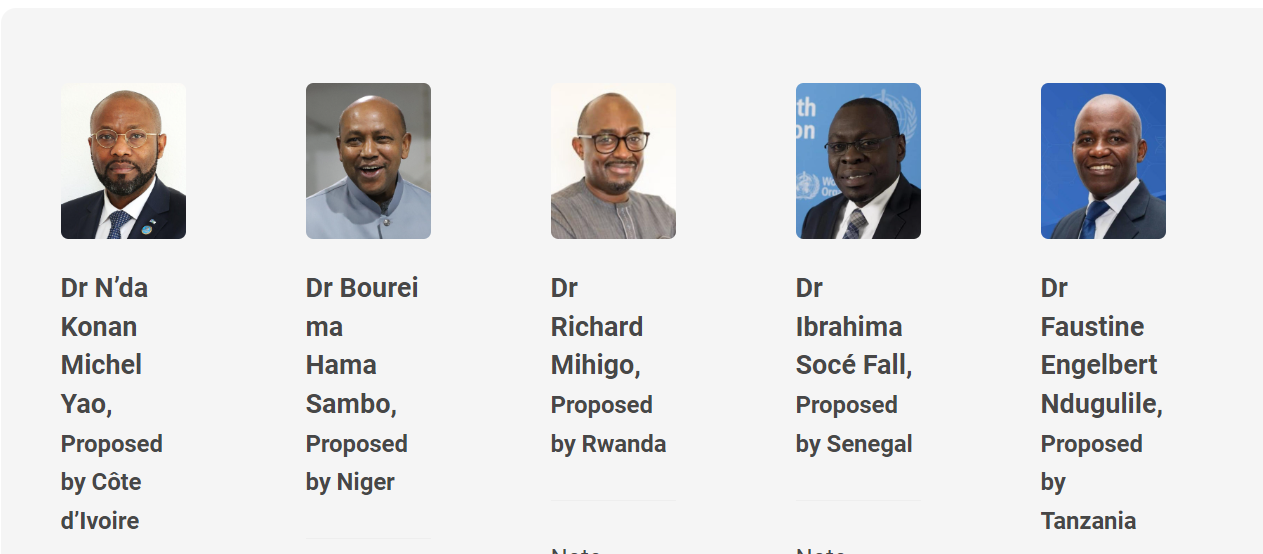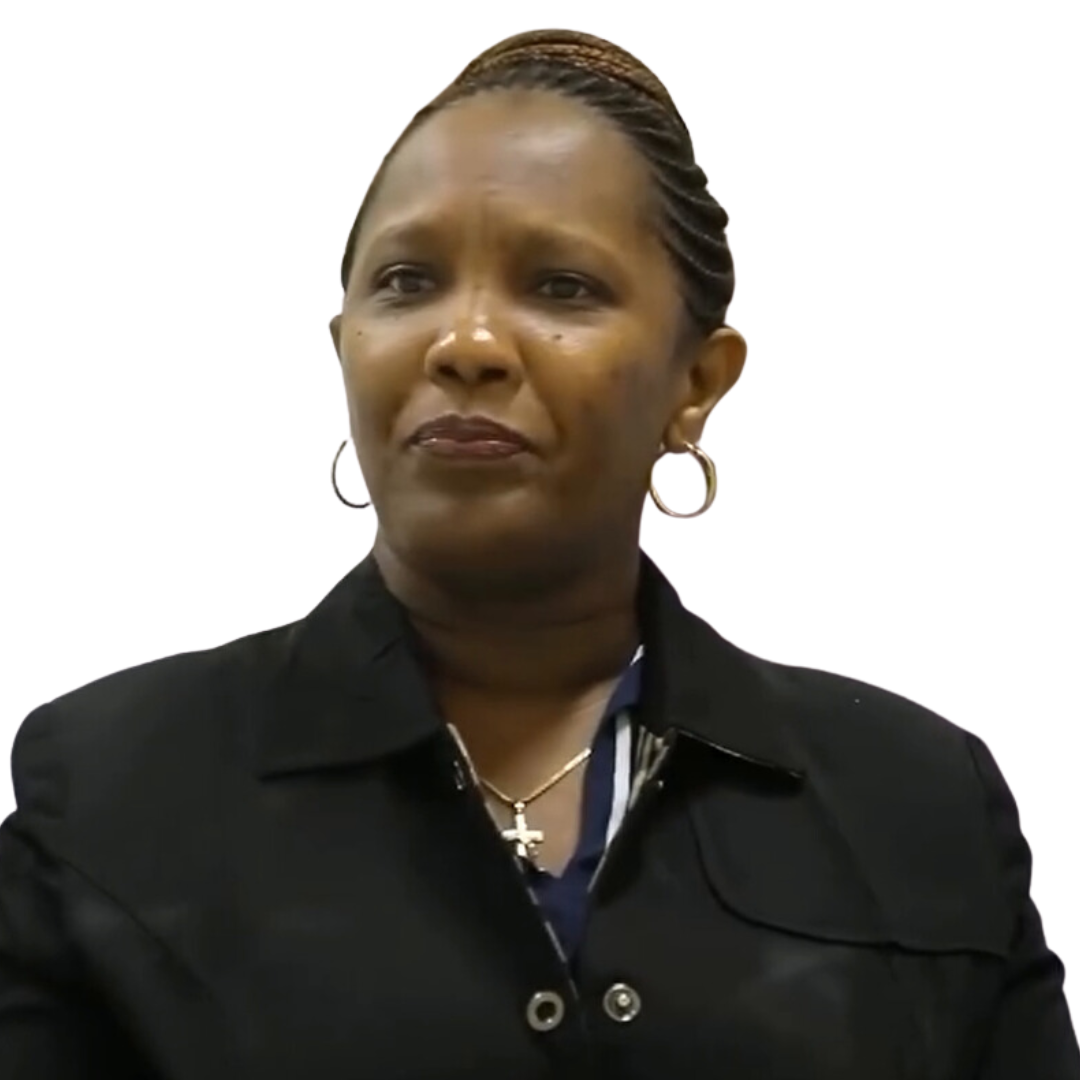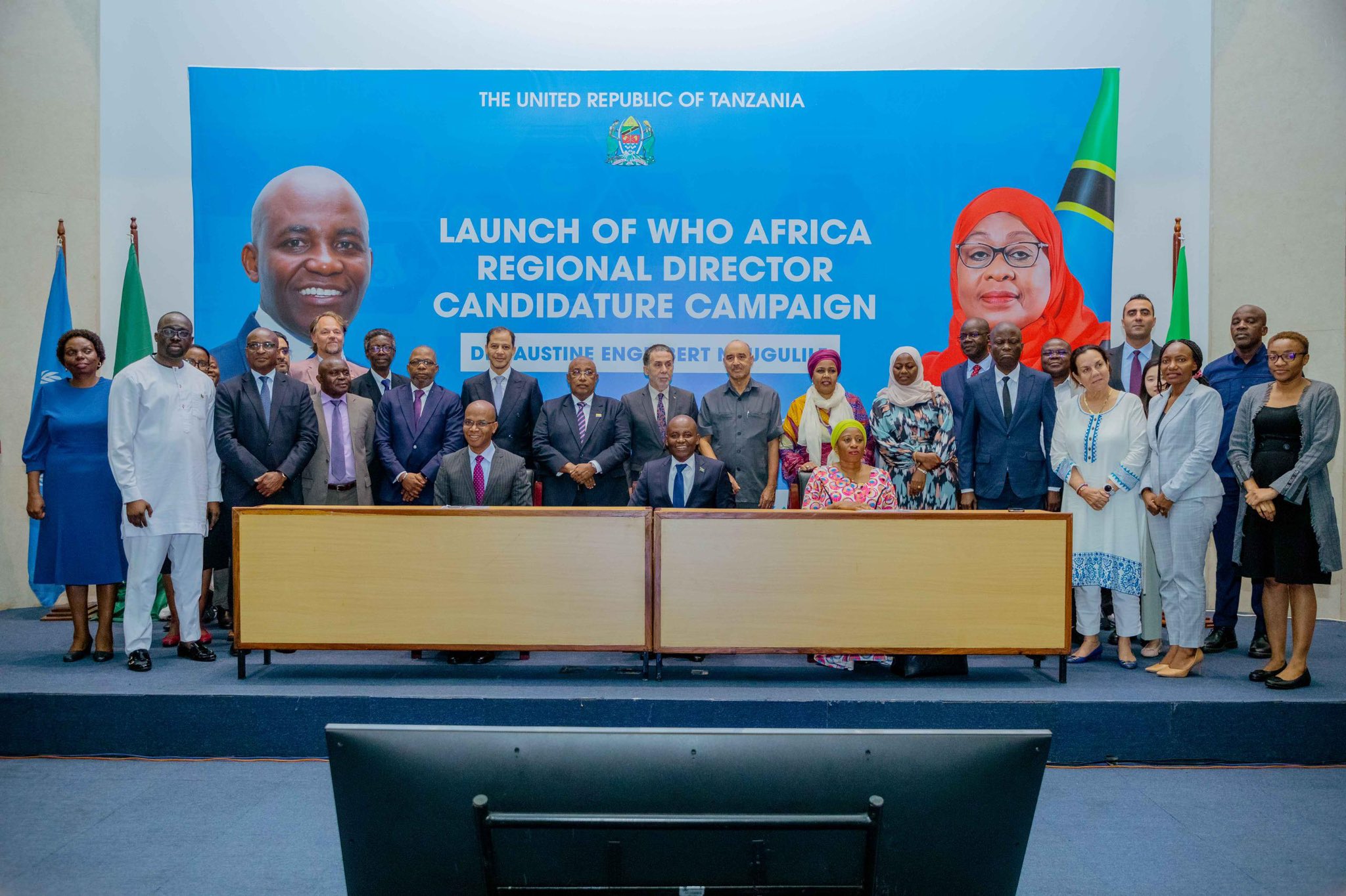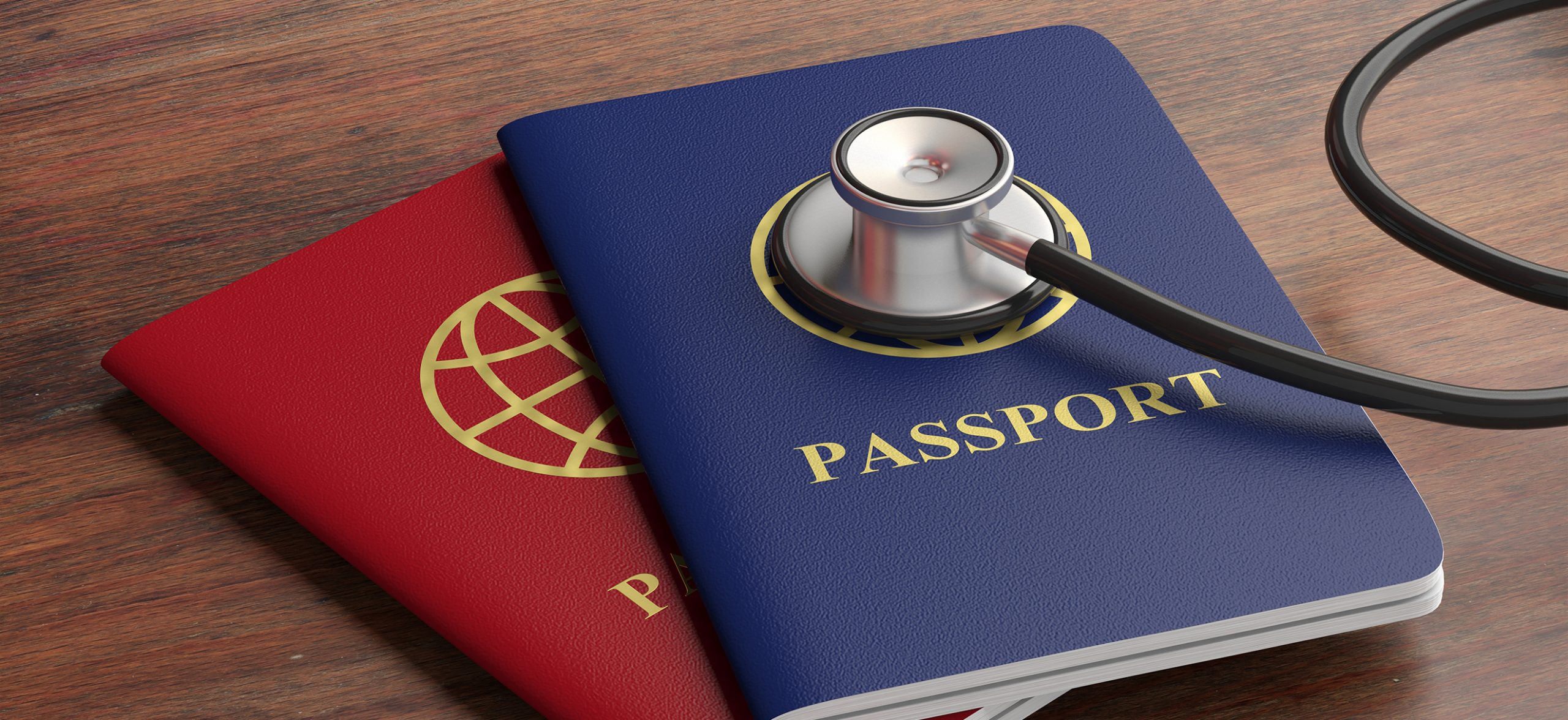The countdown to AFCON 2027 is on, and that means Tanzania is in the global spotlight. This now prompts a critical question: are our health facilities prepared to meet international standards, and how exactly is their quality determined and accredited?”
This issue resonated deeply with me last month during a training session with the dedicated management and Quality Improvement teams at Mount Meru Referral Hospital in Arusha.
Arusha is a vibrant tourist city on the foot of Mountain Meru, the headquarters of the East African Community(EAC), a major international dipolomatic hub which hosts international forums and conferences—and a home to several international organizations including the African Court.
Thousands of visitors are expected to flock to Arusha, one of the host cities for the 2027 Africa Cup of Nations (AFCON), which will be jointly hosted by Tanzania, Kenya, and Uganda. A new 30,000-seat stadium is being constructed in Arusha specifically for this event. The stadium is expected to be one of the most modern in East Africa.
Now, what about the hospitals?
Last month in Arusha, I had some really interesting discussions. We focused on what it takes for organizations to achieve excellence through Continuous Quality Improvement. A key takeaway was just how indispensable certification and accreditation are, particularly when you’re getting ready for a SafeCare assessment. It’s pretty clear that our healthcare infrastructure is in a unique position, and there’s an urgent need to make sure we’re not just coping, but truly excelling to meet the demands of the global audience.
But what does it take to achieve international accreditation? This is what many might be trying to figure out. Well, achieving international accreditation is not merely a bureaucratic exercise; it is a declaration of a health facility’s commitment to the highest quality standards.
For a city like Arusha, poised on the international stage, hosting multiple accredited health facilities is a very key. It sends a powerful message of assurance to both local communities and global visitors that their healthcare needs will be met with unparalleled excellence, fostering invaluable trust and confidence.
This level of preparedness is crucial, as the influx of international visitors during AFCON will inevitably bring diverse healthcare expectations and, at times, urgent medical needs. Our ability to provide world-class care will directly reflect on Tanzania’s reputation as a capable and hospitable nation.
My journey as a quality improvement professional has provided me with a unique understanding to explore the intricacies of healthcare quality. To this, I can say a distinction often arises between certification and accreditation processes. While both are designed to elevate healthcare service quality, certification typically serves as a foundational, preparatory step towards the more rigorous and comprehensive demands of accreditation. Certification models, such as SafeCare – a framework I deeply advocate for and am certified to assess, particularly in resource-constrained settings – provide a structured pathway for facilities to incrementally improve. Other stepwise approaches like the Stepwise Laboratory Management Toward Accreditation (SLMTA) and the Stepwise Laboratory Quality Improvement Process Towards Accreditation (SLIPTA) have similarly guided numerous laboratories towards achieving accreditation through bodies like the Southern African Development Community Accreditation Services (SADCAS) or Kenya’s national accreditation body (KENAS), often aligning with ISO 15189 standards.What is it like across Africa?
When we delve into the landscape of comprehensive health facility accreditation across Africa, a revealing picture emerges. A review of international accreditation status across the continent indicates that the Council for Health Service Accreditation of Southern Africa (COHSASA) accounts for the majority, with 66 accredited health facilities, predominantly in South Africa (51).
Beyond Southern Africa, countries like Botswana (4), Namibia (3), Nigeria (3), Kenya (2), Swaziland (1), and Rwanda (2) also have facilities accredited by COHSASA.
Meanwhile, Joint Commission International (JCI) has accredited 18 health facilities across Africa, with Egypt leading the count at 11, followed by Kenya (3), Nigeria (2), Tanzania (1), and Ethiopia (1).
Accreditation Canada rounds out the picture with 6 accredited facilities, four of which are in Tunisia, and one each in Egypt and Morocco. This data, gathered from the respective accreditation bodies’ websites, points to a stark reality: In Tanzania, despite the fact that we boast of a booming economy and critical role in regional affairs, currently we have only one internationally accredited hospital.
This singular accreditation raises a crucial question: where are we on the journey to widespread health facility accreditation in Tanzania, and what are the implications? A colleague recently challenged me on how we can recognize and benchmark quality practices in our health facilities.

While a universal definition of quality remains elusive, healthcare professionals widely agree on standardized “statements” that define expected levels of quality, safety, and performance for services, processes, infrastructure, and outcomes.
Think of health facility accreditation as a stamp of approval that tells you a hospital or clinic meets really high standards for quality and safety. It’s like a formal check-up where an independent group evaluates a healthcare facility to make sure it’s doing things the right way, from how they treat patients to how clean their operating rooms are.
In Tanzania, we have a couple of ways this happens. First, there’s accreditation by our own government bodies. This includes groups like the Ministry of Health (through their Health Quality Assurance Division), the Tanzania Food and Drugs Authority (TMDA) for medicines, the National Health Insurance Fund (NHIF) for facilities they’ll pay for, and even the Medical Council of Tanganyika (MCT) which looks at individual professionals but also helps set facility standards. These are super important for making sure our local facilities meet basic requirements within Tanzania. However, their recognition typically stays within our borders.
Then, there’s a different, often more rigorous, kind of accreditation by independent international organizations. These are non-governmental groups that are recognized all over the world. Hospitals, especially larger ones, seek these out because it gives them global credibility. Think of it like getting an international quality mark. The process is very thorough, involving mentorship, strict assessments, and certifications that only last a few years, pushing facilities for continuous improvement. Because of their global reputation and comprehensive evaluations, these international bodies, like JCI, Accreditation Canada International, DNV-GL Healthcare, SafeCare, and COHSASA, do charge fees to cover their operations.
So, why go through all this trouble? The benefits of accreditation are huge!
- Safer Patients, Better Care: The biggest win is definitely for patients. Accreditation standards are built on proven best practices, covering everything from preventing infections to safe medication handling and ensuring surgeries are done meticulously. This means patients are safer and generally get better results.
- Smoother Operations: It also pushes hospitals to be more efficient. The process makes them standardize their procedures, streamline how things get done, and cut down on waste, leading to much smoother overall operations.
- Less Risk, More Compliance: Healthcare is heavily regulated. Accreditation helps hospitals stay compliant with government rules regarding patient care, safety, and privacy, which in turn reduces their risk of issues.
- Happier Staff: When a hospital is committed to high standards, the people working there feel it. Employees often take more pride in their work, boosting morale and job satisfaction.
- Public Trust: For the community, an accredited facility sends a strong message of quality and reliability. People feel more confident and trusting in a hospital that has this stamp of approval.
- Global Recognition: On the international stage, accreditation, especially from bodies like JCI, significantly raises a hospital’s profile. This is crucial for a place like Arusha, as it positions our facilities as reliable options for medical tourism and international partnerships, especially as we prepare for AFCON 2027.
The Tanzanian government is working on creating its own national accreditation body, which is a great step. However, right now, only one hospital in Tanzania holds an international accreditation. Many hospitals might be ready for it but might not know how to start the process or find the costs too high.
As we look towards AFCON 2027, it’s really important that we accelerate getting our health facilities, particularly in key cities like Arusha, accredited. It’s not just about meeting a standard; it’s about investing in our nation’s image and ensuring the well-being of everyone who visits our beautiful country.
Dr. David Isaya is a public health specialist and Quality Improvement Coordinator at Christian Social Services Commission CSSC.





